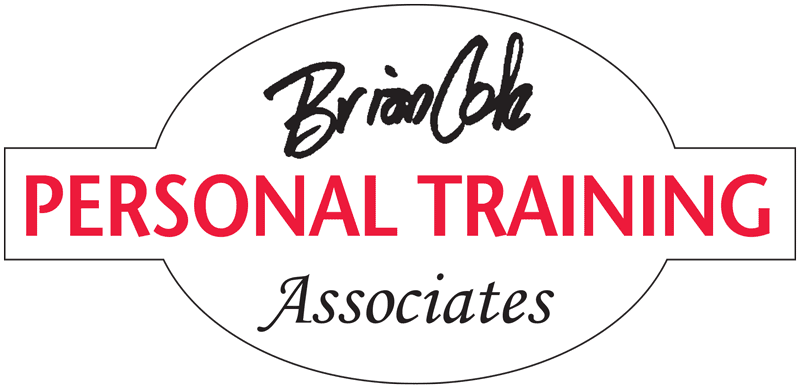People in the U.S. were in good health, without short or long-term pain, discomfort or disabilities for 68.1 years. And that means 10.1 years of living in poor health. Time may feel like it’s flying by now, but add pain and we start a downward slide becoming worse and worse as the 10.1 years pass way too slowly. Those of us who have experienced this with a parent or loved one are all too familiar with how miserable days seem to drag on and on.
What were the leading causes of poor health? Lower back pain, muscle disorders and deterioration (sarcopenia), loss of balance with the injuries caused by falling, bone density loss (osteoporosis) with disabling fractures, arthritis and other joint issues and complications caused by spinal nerve pressure. These disabilities don’t cause death. They do make living somewhere between unpleasant and miserable. They are major costs of health care. They are largely a result of lifestyle choices. And they are largely preventable.
To be fair, some of those conditions are at least partially due to the side effects of longevity. If we live long enough we will eventually suffer from some of those problems. The key word is some and so much of it is within our control. Our clear focus should be on avoiding the conditions we can and on reducing the potential for pain and discomfort by minimizing the negative effects of the inevitable.
Being able to continue to do the activities that bring us pleasure, without pain or restriction, is within our ability. While research in the last 20 years or so has shown that it’s never too late to benefit from physical conditioning, like financial planning, the sooner we start preparing, the longer we’ll have to enjoy ourselves with fewer restrictions.
Finally, these were the study’s recommendations:
Where have we all heard that before? Everywhere.
With so much at stake (and risk) why aren’t more people adhering? That’s a question that constantly bothers me and I’m going to try to address it in my next column. Everyday we work with people who at all stages of life have decided to improve themselves. You can too.

